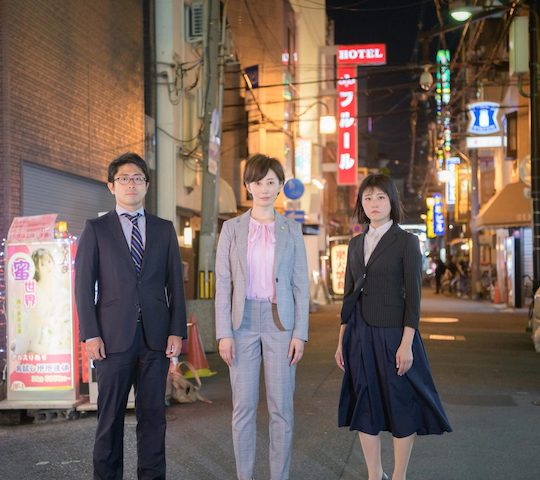Supreme Court rules denying pandemic benefits to sex industry was constitutional
Host and hostess clubs were demonized during the Covid pandemic as superspreaders. Despite the greater need for intimacy among clients, the sex industry also took a big hit but was denied any government handout.
This sparked controversy over perceived discrimination and some fought back: a lawsuit was filed in 2020 over the omission of sex industry businesses like delivery health (outcall escort services) and soaplands from cash relief schemes.
The lawsuit, filed by a call girl service in Kansai and successfully crowdfunded by over 1,000 supporters, was dismissed in 2022 by Tokyo District Court.

It then made its way up to the Supreme Court, which ruled this week that denying financial aid to the sex industry was not unconstitutional.
“The government is permitted to determine the scope of recipients of benefits from a policy perspective,” the court said. “It was determined that it was not appropriate to support businesses [in the sex industry] through public funds, and the exclusion of such businesses cannot be said to be unreasonable.”
Of the five justices, only one dissented, Mitsuko Miyagawa — also the sole woman among the five, which is perhaps not a coincidence.
Miyagawa agreed with the plaintiffs, stating that legal sex-industry businesses are not the same as illegal prostitution and so denying aid went against the purpose of the government’s pandemic relief programs.
“There is no rational basis for excluding the sex industry,” she was quoted in the Asahi. “The decision is unconstitutional.”
The court ruling effectively denied pandemic subsidy for moral reasons related to sex work.
“The dignity of individuals who choose to work in this field of their own free will has been denied by the majority opinion,” said Michiko Kameishi, an attorney for the plaintiff and former political candidate.
“The court’s reasoning that sex work could harm workers’ human dignity is insufficient to justify the ruling,” said a constitutional law professor at Nihon University. “This case plays a significant role in highlighting how the nation should treat its sex industry,” he said.
Because the majority of the sex industry operates legally and registers its activities with the authorities, we have exact numbers on size and scale. In 2024, police records indicate 33,000 businesses across Japan.















1 Comment
The Japanese supreme court was absolutely right in its decision